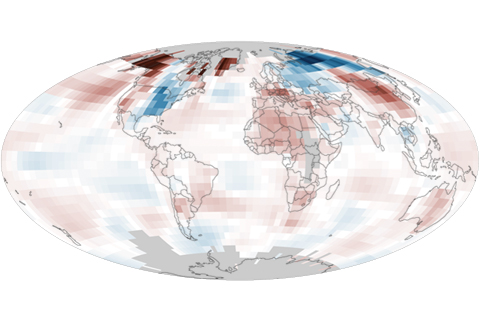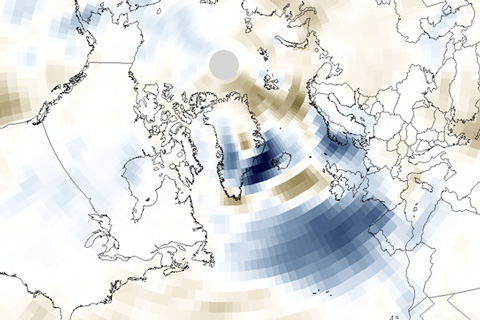
The North Atlantic has spawned an unusually high number of hurricane-force storms this winter, already surpassing last winter's total—and the season isn't over yet.
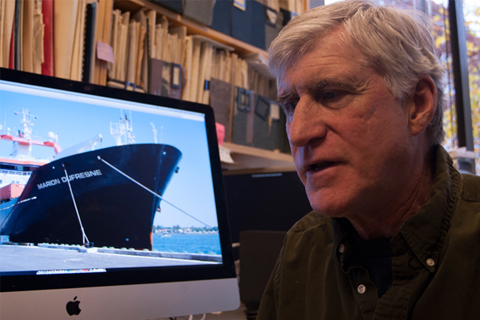
In October 2003, a little-known think tank in the Department of Defense quietly released a report warning that climate change could happen so suddenly it could pose a major threat to our country's national security. Why was the Pentagon worried about abrupt climate change? Because new evidence from Greenland showed it had happened before.
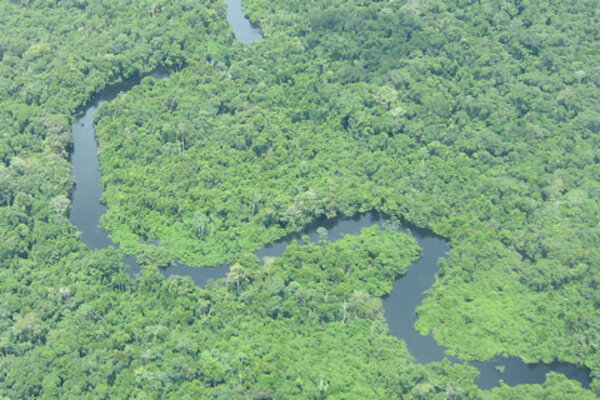
How drought affects carbon balance in the Amazon
March 6, 2014
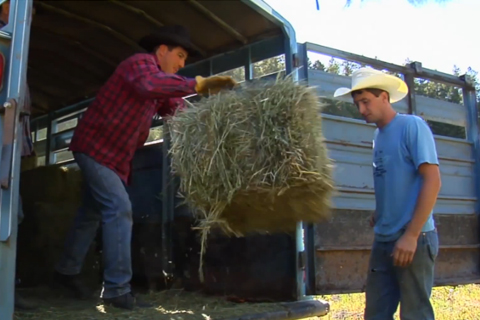
Working with private companies, the U.S. Department of Agriculture’s Risk Management Agency uses precipitation data from NOAA’s Climate Prediction Center as part of an insurance program for ranchers and those who grow hay or other livestock forage. This video describes how it works.
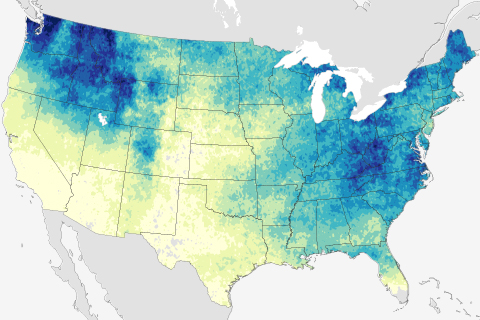
According to the 2009 National Climate Assessment, heavy downpours have increased in frequency and intensity during the last 50 years. Models predict that downpours will become still more more frequent and intense as greenhouse gas emissions and the planet’s temperature continue to rise.

Great Lakes ice cover most extensive since mid-90s
February 26, 2014
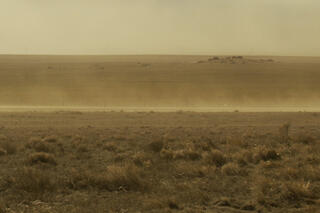
Despite Fall Floods, Drought Persists in Southeastern Colorado
February 18, 2014
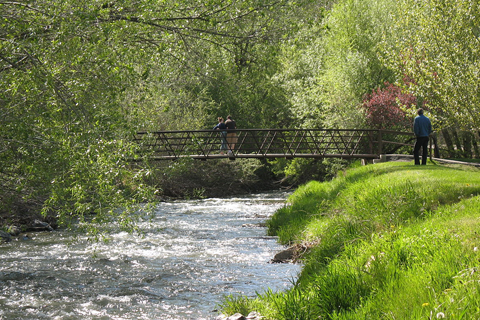
Water resources manager Laura Briefer describes how Salt Lake City’s Department of Public Utilities is using climate information to help plan for the city’s future.
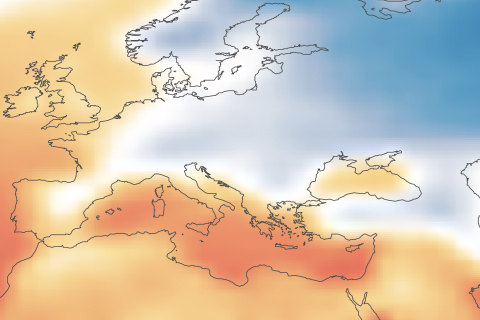
Sochi will be among the warmest cities to have hosted a Winter Olympic Games. Climate change could make many previous Olympic cities unsuitable for Winter Games by the end of the century.
